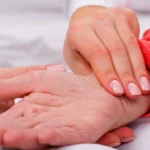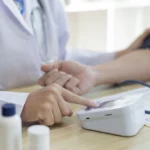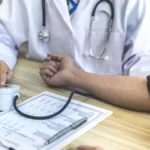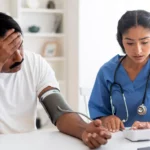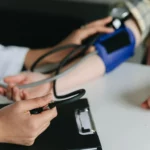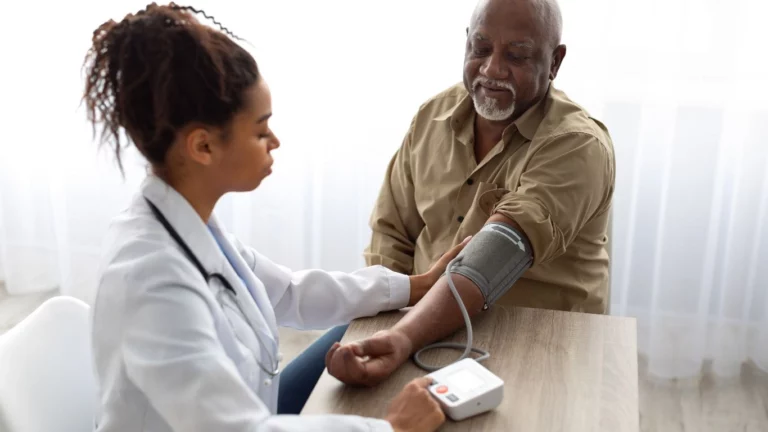Hypertension and Dizziness: Causes and Solutions
Ever felt dizzy when you stand up too fast or after a stressful moment? It can be unsettling, right? Well, if you’ve got high blood pressure, also known as hypertension, dizziness can become a regular thing. But don’t worry—you’re not alone, and there are ways to handle it. Let’s break down why it happens and what you can do to feel better.
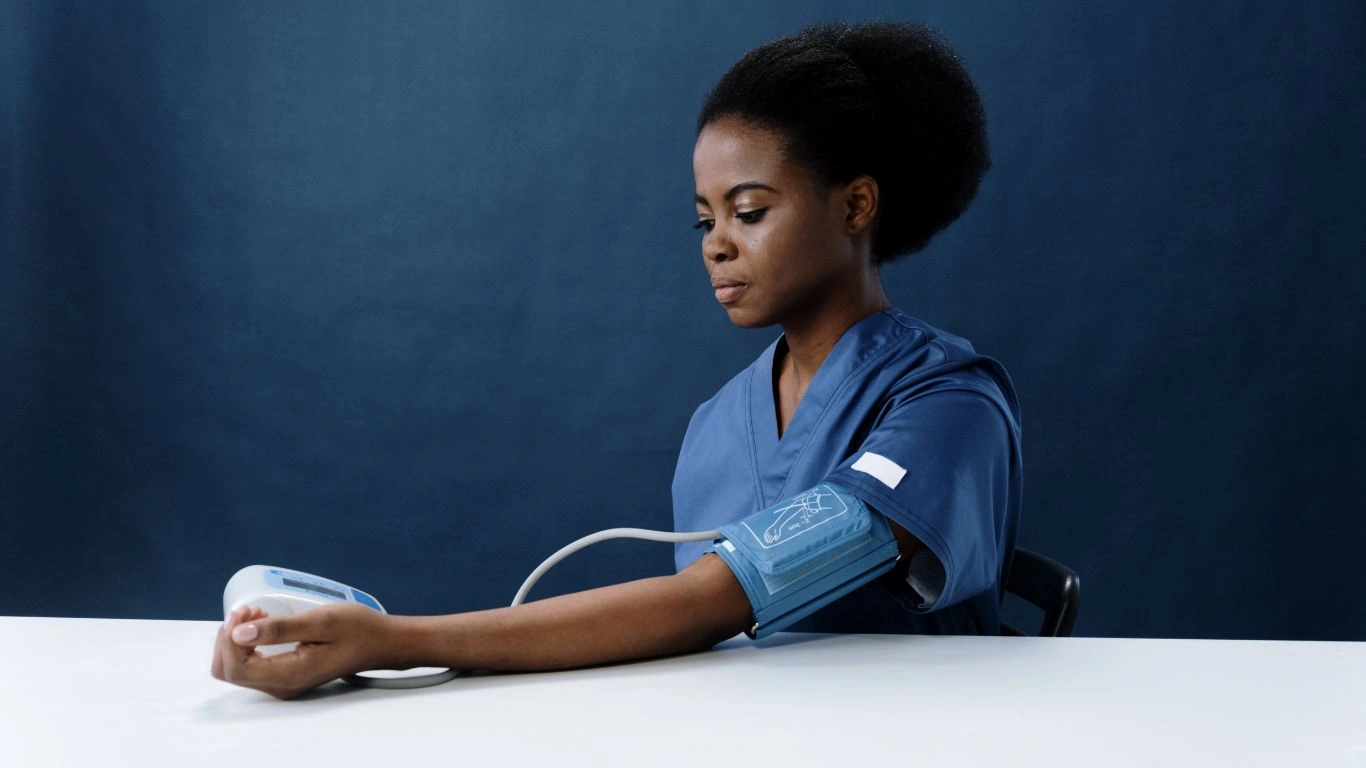
What Is Hypertension and How Does It Relate to Dizziness?
Hypertension, or high blood pressure, is when the force of blood pushing against the walls of your arteries is too high for too long. Over time, this can damage your blood vessels and heart, which is why it’s considered a serious condition.
Now, dizziness can happen for several reasons, and one of them is directly linked to hypertension. When your blood pressure spikes, it can affect the balance of oxygen and blood flow to your brain, making you feel lightheaded or dizzy. Imagine your heart working overtime, pushing blood through your body, but sometimes, that extra pressure can mess with how your body feels in the moment.
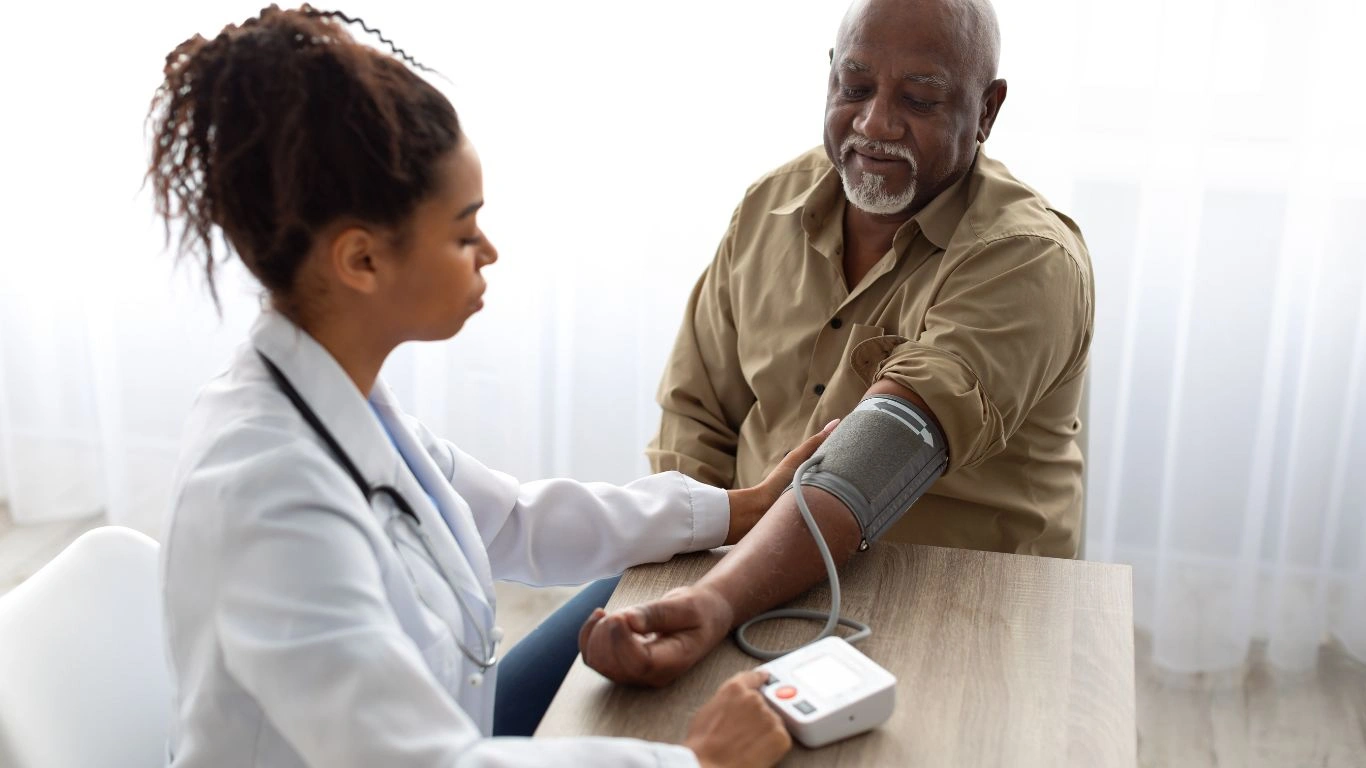
Why Does Hypertension Cause Dizziness?
Let’s dive into a few reasons why hypertension and dizziness might go hand in hand:
1. Blood Flow Disruptions
When your blood pressure is too high, it can cause a decrease in blood flow to your brain. This can result in that “spinning” feeling, or dizziness. Sometimes, the brain doesn’t get enough oxygenated blood, and the result is you feeling lightheaded or even faint.
2. Medications for Hypertension
The medications used to manage high blood pressure—like beta-blockers or diuretics—can also cause dizziness as a side effect. These meds help lower your blood pressure, but they might make you feel a little woozy, especially if you stand up too fast or change positions quickly.
3. Postural Hypotension (Orthostatic Hypotension)
Ever stood up quickly and felt like the room was spinning? That’s a classic case of postural hypotension. For people with hypertension, standing up quickly can cause a drop in blood pressure, leading to dizziness. It happens when your body’s circulatory system doesn’t adjust quickly enough to the change in position.
Solutions: What You Can Do to Prevent Dizziness
Here’s the good news: there are plenty of things you can do to manage dizziness and hypertension together. It’s all about getting your blood pressure under control and being mindful of your body’s signals.

1. Monitor Your Blood Pressure Regularly
The first step is knowing where you stand. Keep track of your blood pressure regularly, whether at home or during your doctor’s visits. The goal is to keep your blood pressure below 130/80 mmHg. If you’re unsure, chat with your doctor about what your ideal number should be. Regular checks help you stay on top of it and notice patterns with dizziness.
2. Hydrate, Hydrate, Hydrate!
Dehydration is another sneaky culprit that can worsen dizziness, especially for those with high blood pressure. Drink plenty of water throughout the day to keep your blood flowing smoothly and to avoid those lightheaded spells. Aim for at least 8 cups of water daily, but more if you’re active or in a hot climate.
3. Take Your Medications as Prescribed
If you’re on meds for hypertension, make sure you’re taking them as prescribed. Skipping doses or adjusting without consulting your doctor can lead to fluctuations in your blood pressure, which can trigger dizziness. And if dizziness is a side effect of your meds, it might be worth discussing with your healthcare provider to adjust the dosage or switch medications.
4. Stand Up Slowly
If standing up too quickly makes you dizzy, slow down. When you’re getting out of bed or standing after sitting for a while, take your time. First, sit on the edge of the bed for a moment, then stand up slowly to give your body time to adjust. It might sound simple, but it really can help prevent that sudden lightheaded feeling.
5. Eat a Balanced Diet
A healthy diet plays a big role in managing hypertension. Focus on foods that help lower your blood pressure, like leafy greens, whole grains, and fruits rich in potassium. Avoid too much salt, as it can raise your blood pressure and increase the likelihood of dizziness.
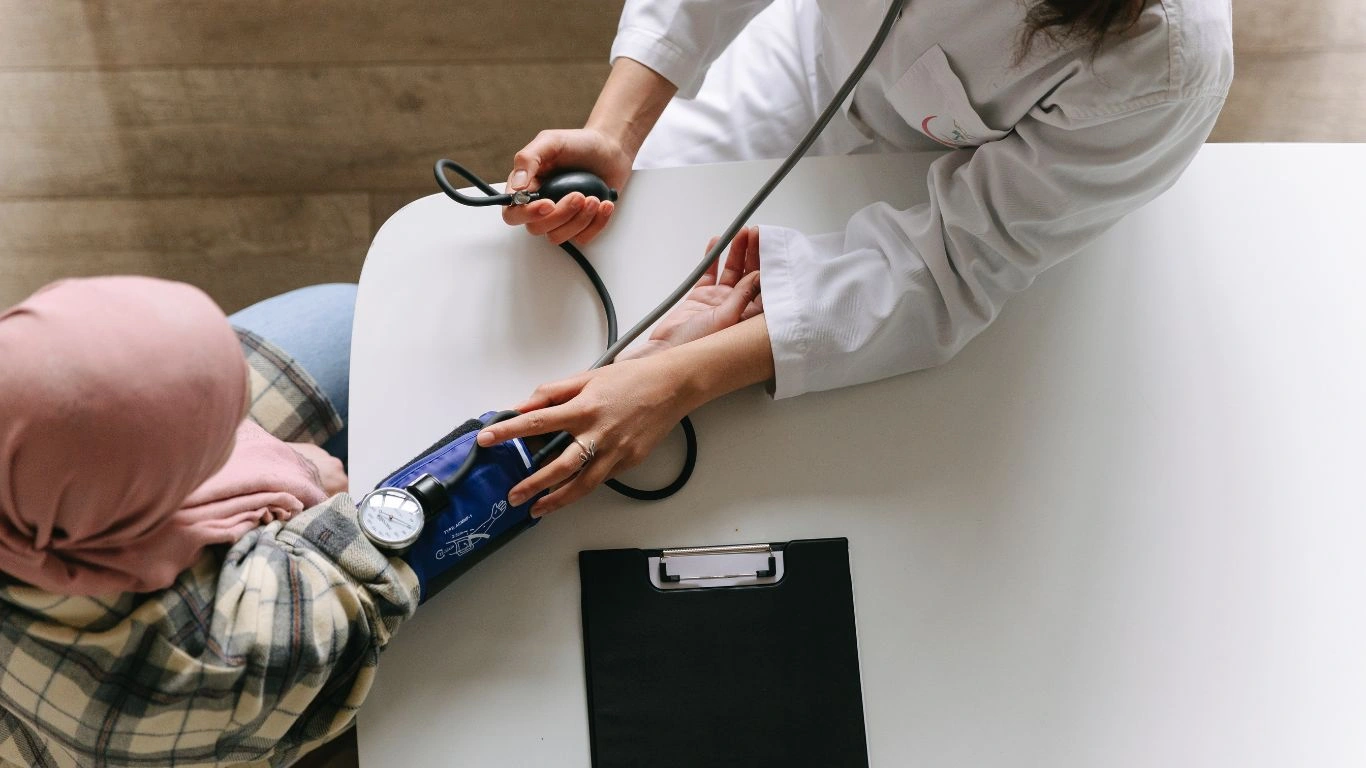
When to See a Doctor About Dizziness and Hypertension
It’s important to pay attention to your body. If your dizziness feels severe, happens often, or is accompanied by other symptoms (like chest pain, shortness of breath, or fainting), it’s time to call a doctor. These could be signs of more serious issues related to hypertension, and early intervention is key.
Conclusion: Managing Hypertension and Dizziness Together
Hypertension and dizziness don’t have to rule your life. By keeping your blood pressure in check, staying hydrated, and listening to your body, you can manage both effectively. And always remember: your doctor is your best resource for navigating this journey. Don’t hesitate to reach out for advice and support!
Appendices
References
- American Heart Association. (2024). Hypertension and Dizziness: Causes and Management. Read more
- Mayo Clinic. (2024). High Blood Pressure (Hypertension): Symptoms and Causes. Read more
- National Institute of Health. (2023). Postural Hypotension and Dizziness: How to Deal. Read more
FAQs
- Can high blood pressure cause dizziness even if it’s controlled with medication? Yes, even with controlled blood pressure, dizziness can still occur, especially as a side effect of medications or changes in posture.
- What should I do if I feel dizzy after standing up? Try sitting or lying down until the dizziness passes. Slowly change positions, and hydrate to help your circulation adjust.
- How can I lower my blood pressure naturally? Regular exercise, reducing sodium intake, eating a heart-healthy diet, and managing stress are some natural ways to help lower blood pressure.
- Is dizziness a sign that my blood pressure is dangerously high? Dizziness can be a sign of high blood pressure, but it’s not always the case. Monitor your symptoms and consult a healthcare provider for an accurate diagnosis.
- Can I still exercise if I have hypertension and dizziness? Yes, but take it slow. Discuss your exercise plan with your doctor to ensure it’s safe for your specific condition.
Disclaimer: The information in this article is for general informational purposes only. It’s not meant to replace professional medical advice. Always talk to your healthcare provider before making any changes to your treatment plan. Your individual needs may vary, and only your doctor can provide personalized guidance.


